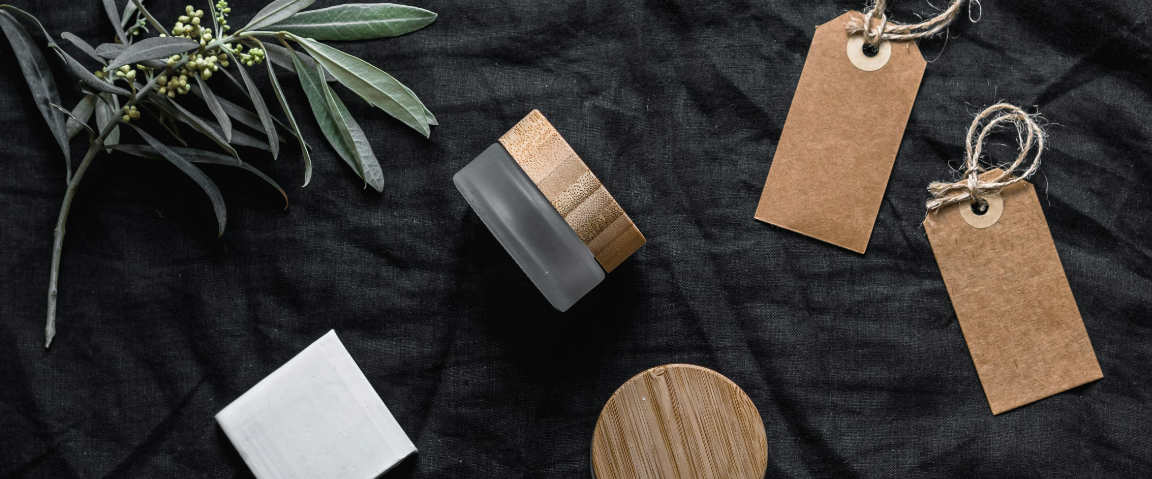
Sustainability is no longer a “nice to have” for UK brands, it’s an essential part of staying relevant, competitive, and trusted.
UK consumers are more informed and more willing to take action against brands whose environmental claims don’t hold up. Regulations, supply chain transparency, and a push towards measurable impact have shifted sustainability from marketing add-on to core business strategy.
Here’s how sustainability is shaping branding in 2025 and what UK businesses can learn from brands already doing it well.
1. Authenticity Over Greenwashing
Nearly 70% of UK shoppers say they’d switch brands if they believe sustainability claims are misleading.
Example: Patagonia UK’s 2025 “Worn Wear” programme makes repair and reuse a core part of the brand experience. Customers don’t just buy they actively take part in reducing waste, strengthening brand loyalty in the process.
2. Transparency Is Now a Competitive Advantage
Today’s customers expect visibility across sourcing, manufacturing, and environmental impact.
Example: Innocent Drinks’ “Journey of a Bottle” campaign lets customers scan QR codes to track the environmental footprint of each product from raw ingredient sourcing to recycling.
3. Circular Economy Thinking in UK Branding
Brands are rethinking product life cycles to minimise waste and keep materials in use.
Example: Lush Cosmetics UK’s packaging-free “Naked” range and “Return and Reuse” scheme turn sustainability into a tangible part of the buying process.
4. Innovation With Purpose
Sustainability is driving new products and business models.
Example: Dyson’s latest air purifier uses recyclable materials and energy-efficient tech marketed as both an environmental and health benefit.
5. Building Sustainability Communities
Brands that treat customers as collaborators build stronger emotional connections.
Example: Waitrose & Partners’ “Grow Together” campaign supports UK farmers using regenerative agriculture and offers in-store learning events.
6. Storytelling That Proves the Point
The best sustainability content shows the process—not just the claims.
Example: The Body Shop UK’s “From Seed to Store” Instagram series gives customers a step-by-step view of its fair-trade supply chain through video, interviews, and behind-the-scenes footage.
What This Means for UK Brands
To stay competitive in 2025, UK brands should:
Sustainability is now a trust signal and a growth driver. Those who live it will lead.